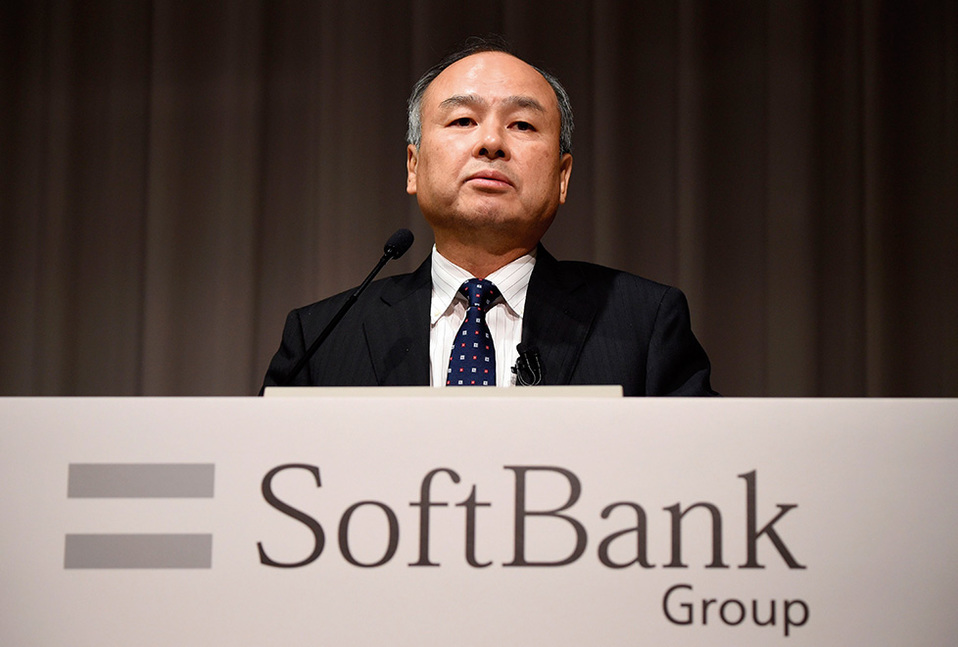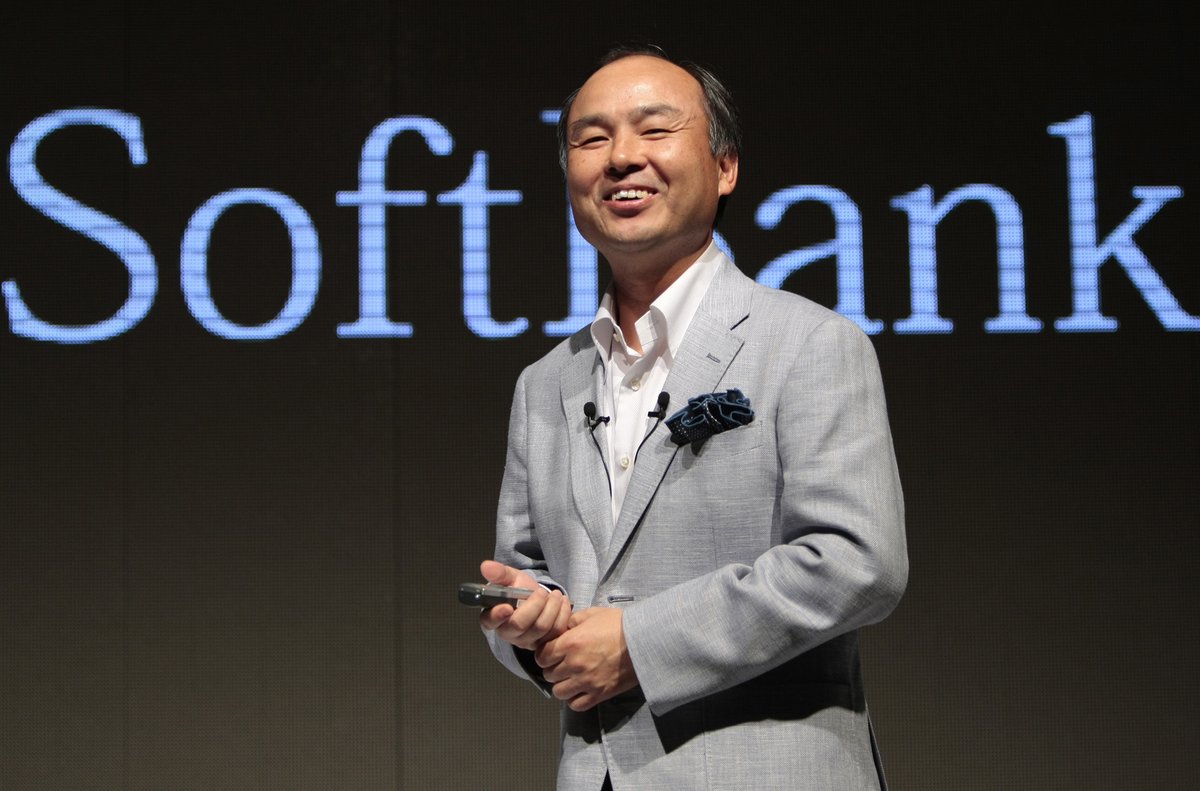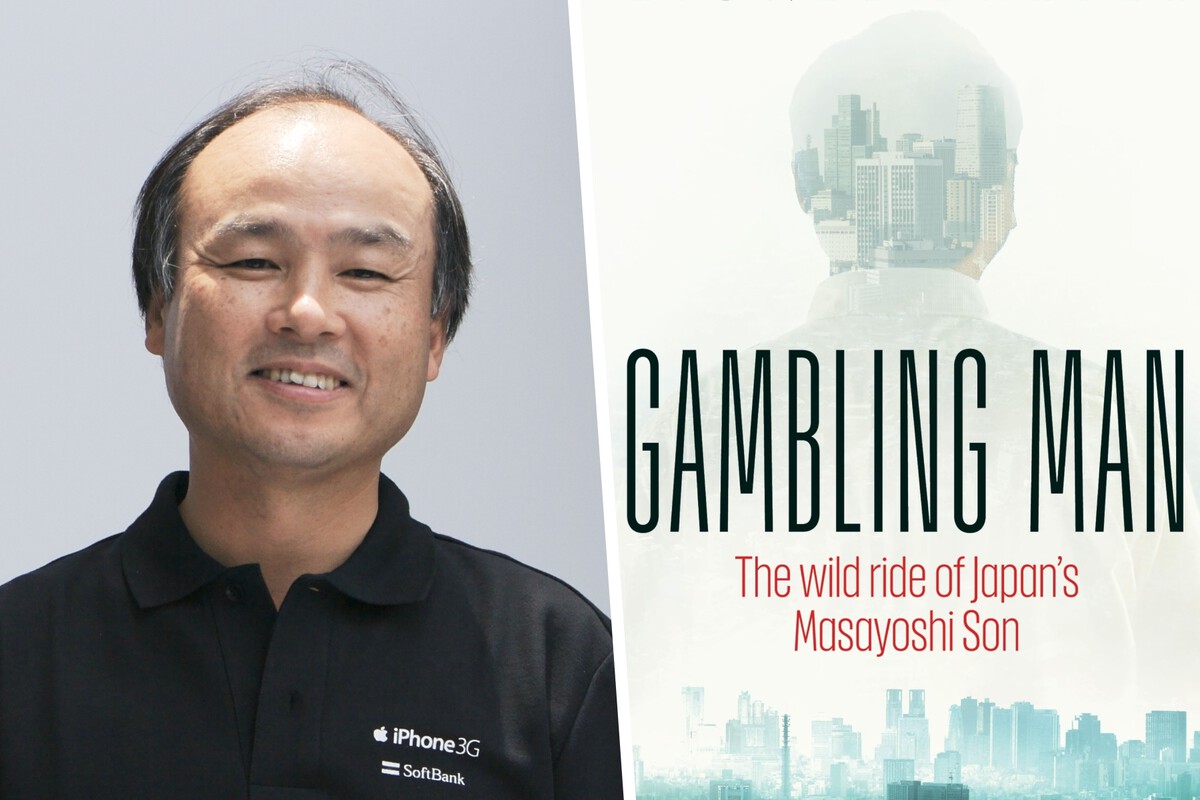Masayoshi Sono’s biography reveals how modern technological capitalism has turned recklessness into a virtue and failure into a profitable spectacle.
Technological capitalism continually disappoints its investors with what it continually promises them. When Masayoshi Son announced a loss of USD 23 billion for SoftBank in 2022, the market feigned surprise at what was inevitable: the collapse of a bubble that had been inflated by its own creators, a bubble that had been blown up by a mania for greatness.
This was not the first time that Sono’s wealth had evaporated. He had already lost 99% of his wealth in the collapse ofthe dotcom companies. The pattern repeats itself, as it must: the eternal reproduction of the same thing, with eachcycle of technologicalboom and bust needing its own prophets and martyrs. The son represents both roles with particular dedication.
Lionel Barber’s new biography of Masayhoshi Son, “The Gambling Man”, depicts a man who turned extreme risk into spectacle. The book aims to reveal the genius behind seemingly irrational decisions, but ultimately reveals something more important: how modern technological capitalism has normalised recklessness as a business virtue.

The son, who likes to compare himself to Napoleon and Genghis Khan, embodies the violence of a system whose mantra has become disruption. After 12 minutes of conversation, heinvests $4.4 billion in WeWork because he can – as the phenomenal Apple TV+ film WeCrashed so well illustrates –reward the nessistemawith a grand gesture rather than rigorous analysis. Economic rationality is subordinated to the imperative of performance.
This mechanism, of course, requires a distortion of the goals it claims to pursue. SoftBank does not really seek to identify the best technology companies of the future, it seeks to create a narrative that it can do so.
In reality, the Vision Fund acts as a validation tool: validation for Sono, who has found a way, through money and success, to overcome the discrimination he suffered in post-war Japan; validation for the founders who receive his investment; validation for a market that needs to believe that somebody, somewhere, sees the future.
‘If you are smart, you don’t need leverage, and if you are stupid, you shouldn’t use it’, said Warren Buffett, who is not only the greatest investor in history, but also a great spokesman for sober and methodical capitalism. Perhaps the first cannot be understood without the second.
Sơn is the opposite of Buffett: a system in which enormous financial leverage – SoftBank has accumulated more than 150 billion in debt- is not a means but an end in itself. Debt as spectacle, as a show of power.
The surprising thing is not that Son has survived his failures, but that the system needs them. Every multimillion-dollar loss reinforces his image as a misunderstood visionary willing to bet against the consensus. “At some point, everyone will say you’re crazy”, he declares. The line between vision and recklessness is deliberately blurred.

Today, as he pushes ahead with a new multi-billion dollar bet on artificial intelligence chips, Son continues to play his part in the game. The audience applauds because it must: the fiction that behind every new tech bubble there is a visionary genius is too comforting to abandon. The play must go on, even if we all know how it will end.
*If your local Amazon store is not available, you will be redirected and offers may vary.








